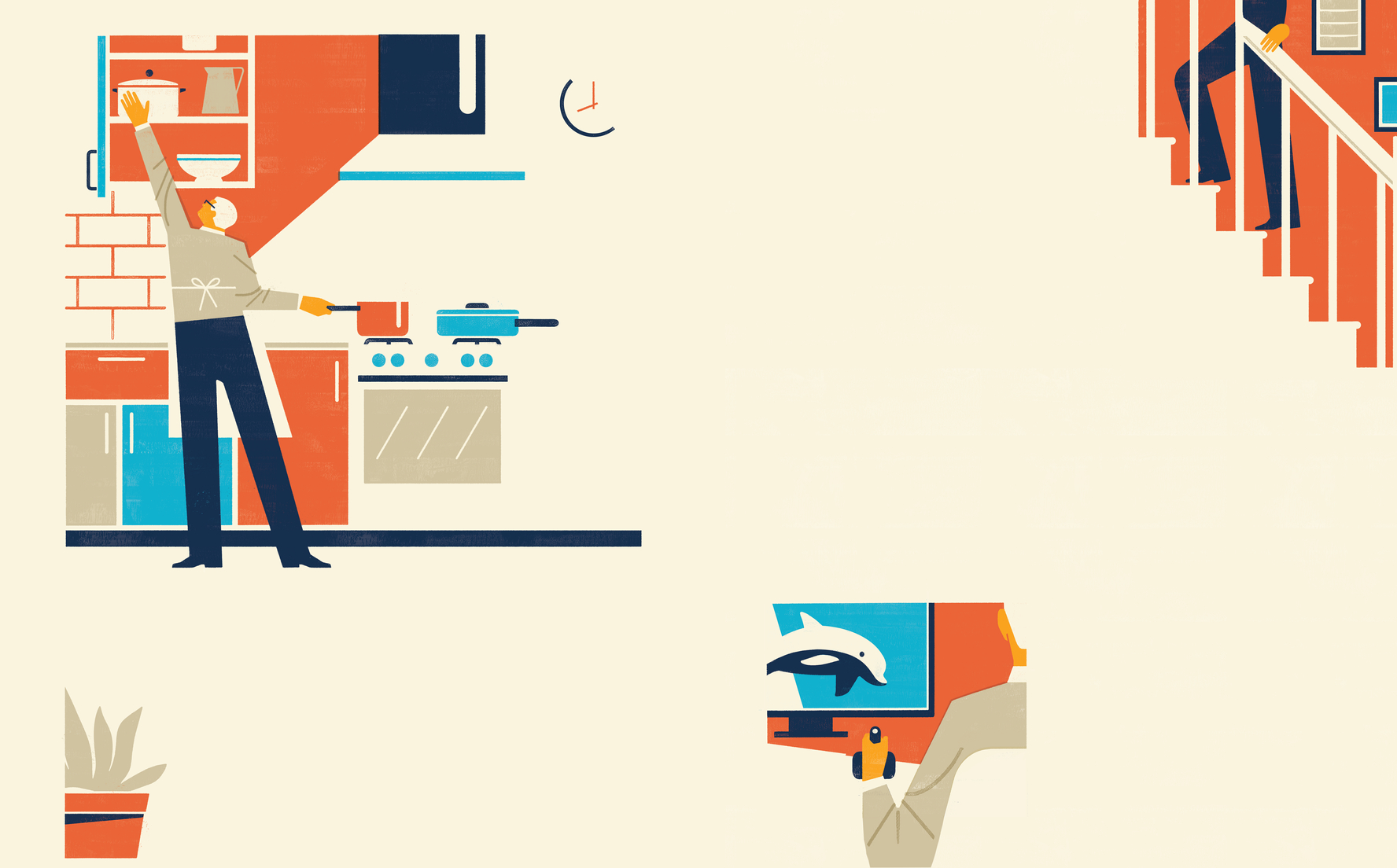
A Golden Age
Find out how Johns Hopkins engineers are collaborating to lay the groundwork for a happier, healthier old age.

Find out how Johns Hopkins engineers are collaborating to lay the groundwork for a happier, healthier old age.
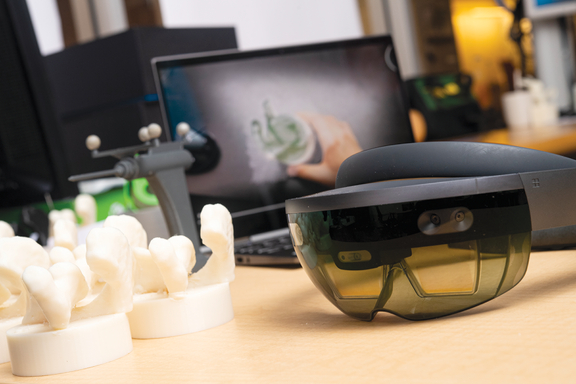
A new course on human-centered design for artificial intelligence systems teaches students to design, develop, and train an AI system that could benefit someone’s life or help solve a real problem.
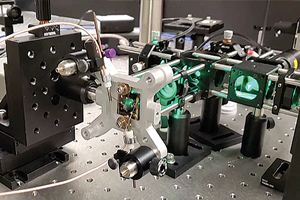
Susanna Thon’s lab used a new tool to find and classify defects in solar cells, allowing researchers to target and eventually fix specific types of defects.
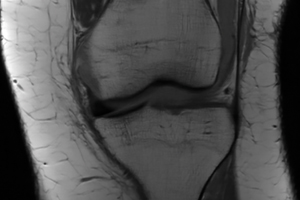
Puyang Wang, a doctoral degree candidate in electrical and computer engineering, developed an algorithm that speeds up MRI data acquisition, resulting in clearer images in less time.

At first glance, Carol Reiley’s artificial intelligence projects appear wildly diverse: Self-driving cars. Surgical robots. Symphonic music.
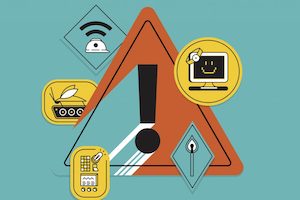
Of all the remarkable things engineers do for humanity, none may be more important than the ways in which they improve our resiliency, keeping us safe from the many potential harms the world has in store.
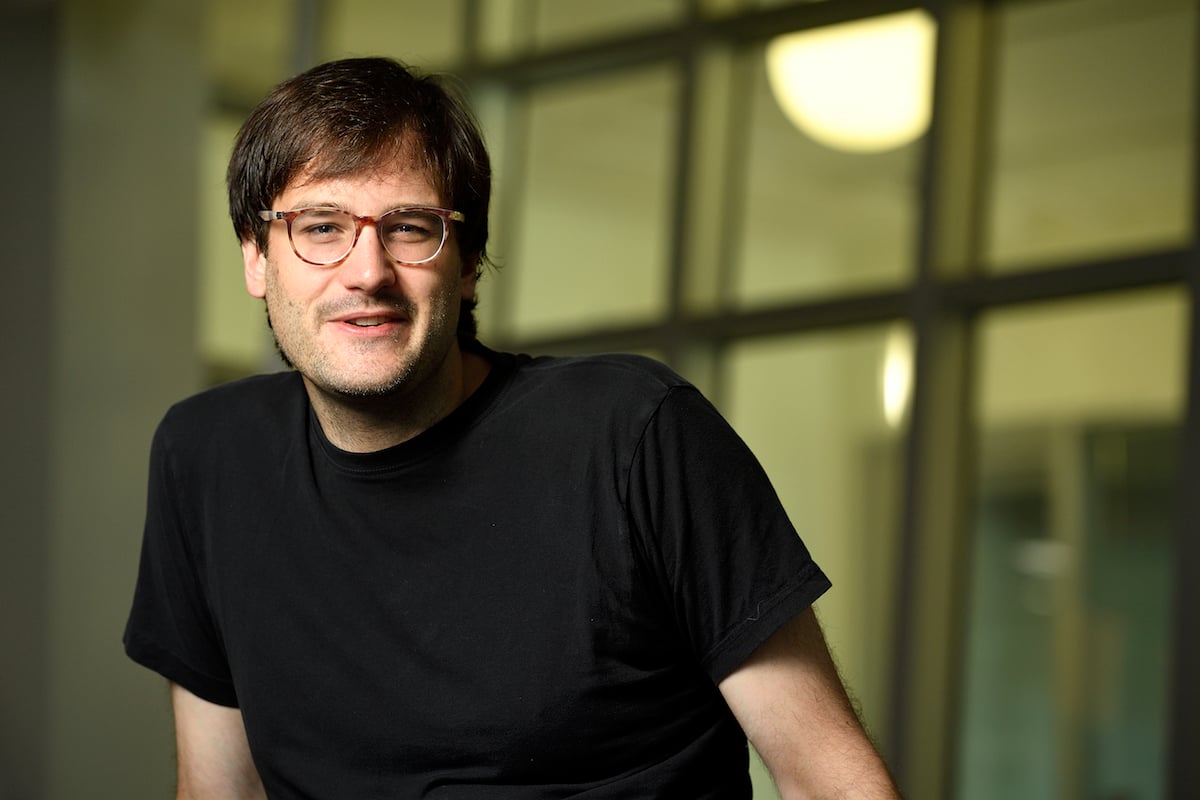
Ryan Cotterell, who was named Johns Hopkins’ first Facebook Fellow last spring, is using the fellowship to explore questions about developing more equitable artificial intelligence.
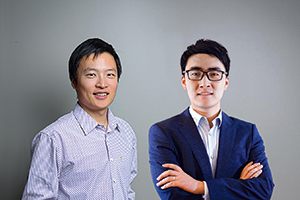
KITT.AI has drawn global attention for its pioneering work in natural language processing—algorithms that recognize spoken language.
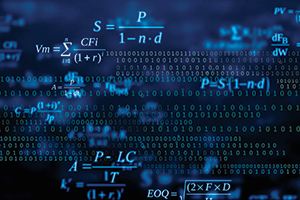
Johns Hopkins has launched an interdisciplinary institute aimed at developing the mathematical theories that will hasten the analysis of the massive amounts of data being used to study everything from the inner workings of the human cell to the structure of the universe.